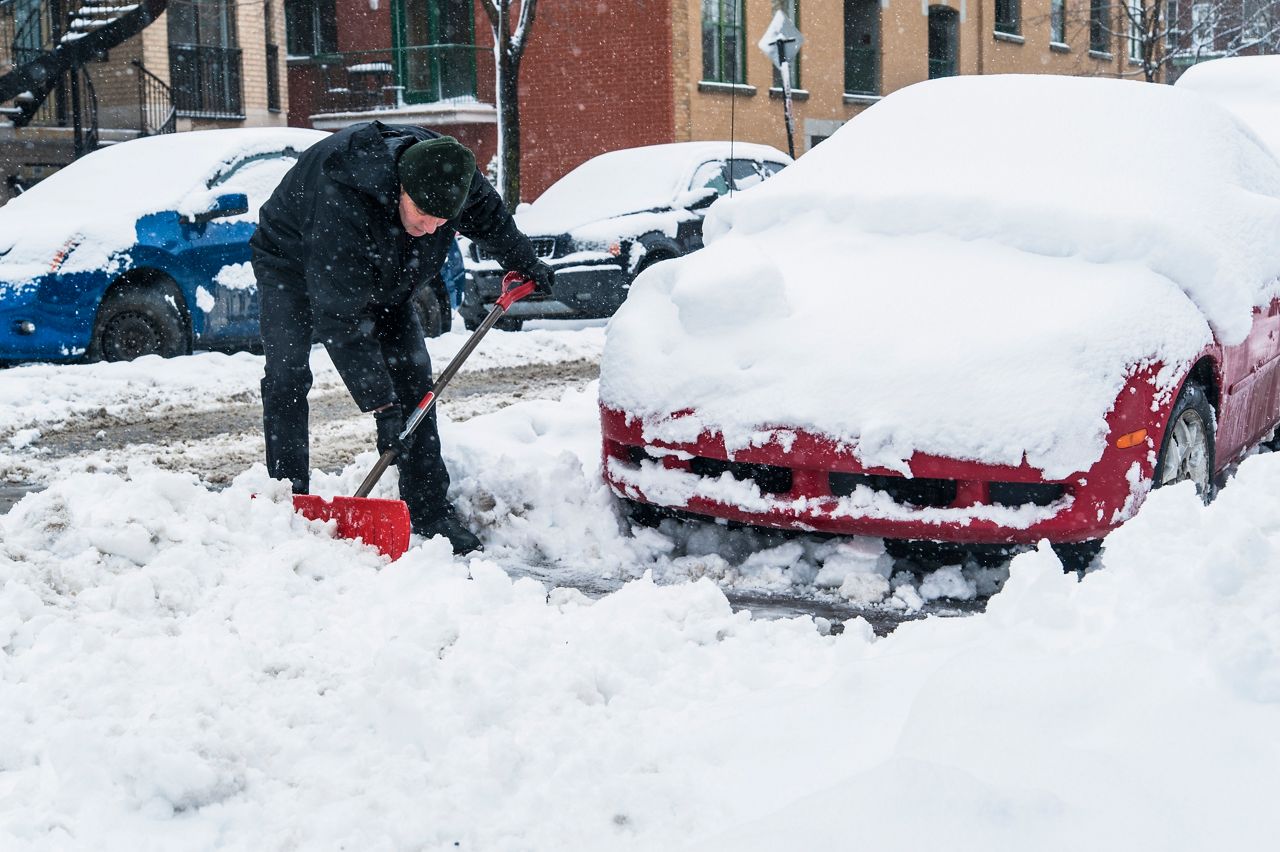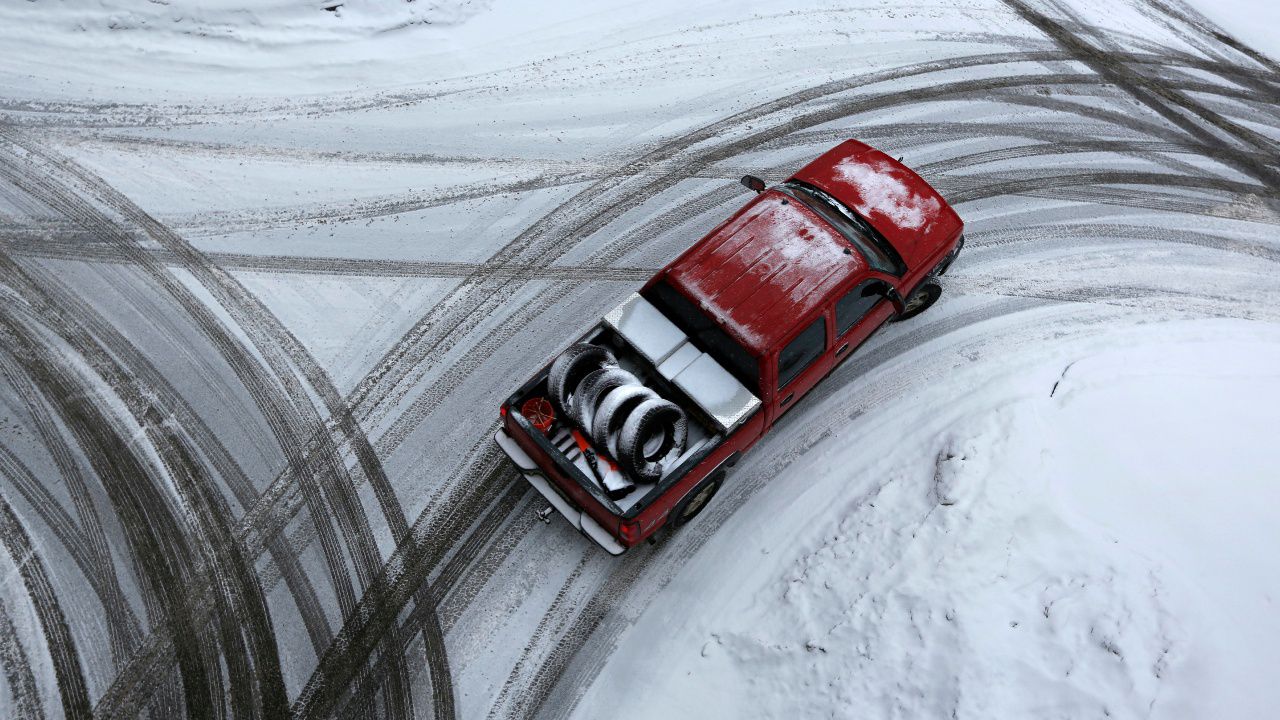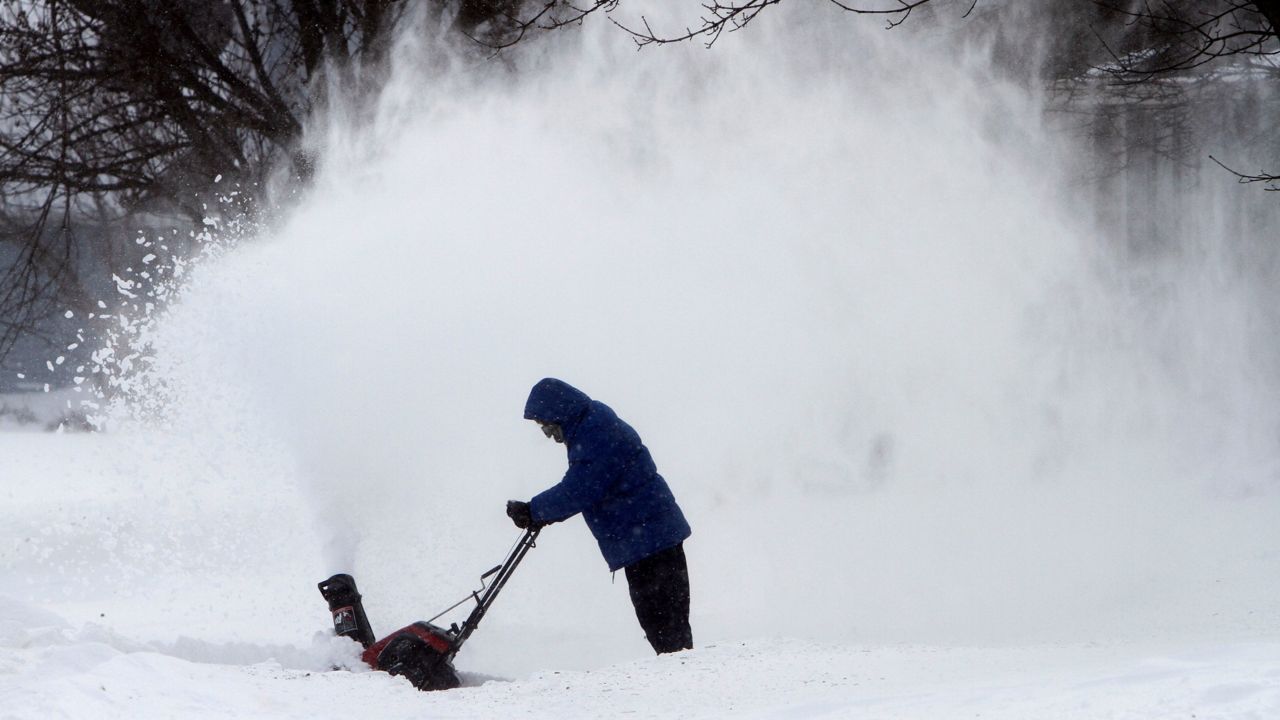Winter conditions can turn brutal no matter who you are.
Snow, ice, and frigid temperatures can cause a plethora of problems for our health and safety, but senior citizens can experience even harsher effects..
Older adults tend to have a slower metabolism, which means they produce less body heat than younger people. They also tend to generally run colder, so the winter cold can become especially dangerous.
Stay inside as much as possible when temperatures are chilly, especially when it is windy outside. It is a great idea to keep the indoor temperature around 65 degrees.
If you do have to go outside, layer up! Hats, gloves, and scarves are great accessories to combat the cold.
If you start shivering, go inside. Signs of hypothermia include:
- Excessive shivering
- Pale skin
- Exhaustion
- Confusion
- Memory loss
- Fumbling hands
Falls are common among older adults, especially in the wintertime. They can lead to major injuries, such as broken bones and lacerations.
To prevent an injury from falling, carefully shovel, or hire someone to shovel snow on the driveway, steps, and walkways.
If walking outside, make sure to avoid wet surfaces as these can ice over and make sure to wear non-slip shoes.
When going back inside, take off your shoes at the front door. The warm temperatures of the house can melt the ice and snow on your shoes and cause you to slip.

Shoveling snow takes a lot of energy and puts a strain on your heart, especially if you have a heart condition.
It is also dangerous if you have balancing problems or weak bones.
Ask your doctor if it is okay to engage in outdoor activities in the winter. If you need to, hire someone to tend to the yard.
If you spend much of your time indoors because of dangerous travel conditions in the winter, you might feel more lonely or depressed.
To fight this, call friends and family multiple times a week either in the form of phone calls or video calls if possible.
You can also arrange for loved ones to visit you if they have a safer way of traveling.
This will help you see those friendly faces and ensure you do not spend the season alone.

Since the reaction time with older adults can run a little slower, driving in winter conditions can become very dangerous.
If possible, avoid driving on snowy and icy roads. If you must drive, be prepared. Always have a safety kit in your car for emergencies. You never know when your car could stall out in the snow and get trapped in frigid temperatures.
Also, get your car inspected before the bad weather hits. New tires and windshield wipers, chains, and antifreeze are all good to have.
Last but not least, always check the weather before heading out the door.
Make sure you're fully prepared for the winter, whether it be checking on your car or checking in on your health.
Also, always hire a professional to do the dirty work if you think you cannot handle it.
Stay warm this winter, and safely gather with friends and family if you can.



